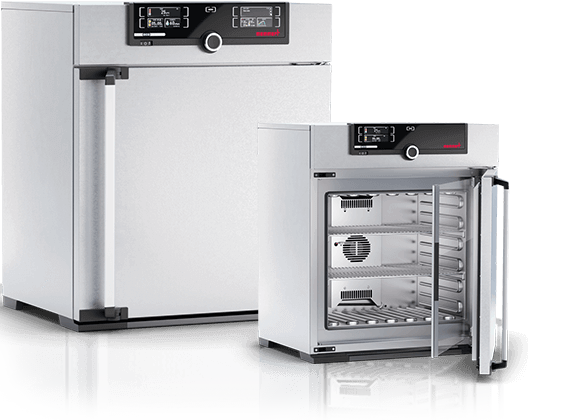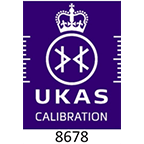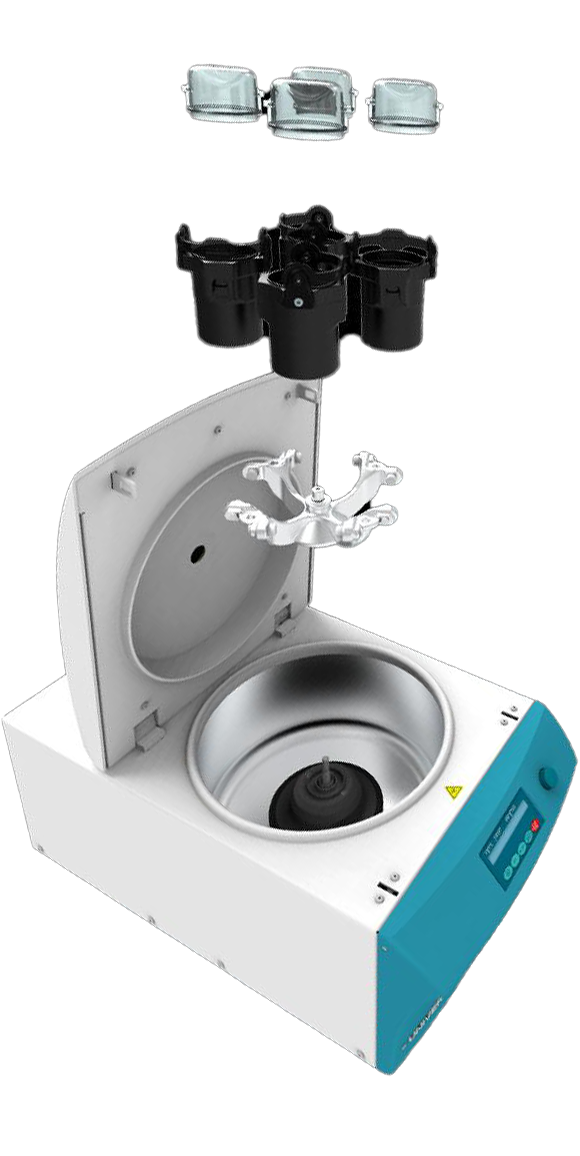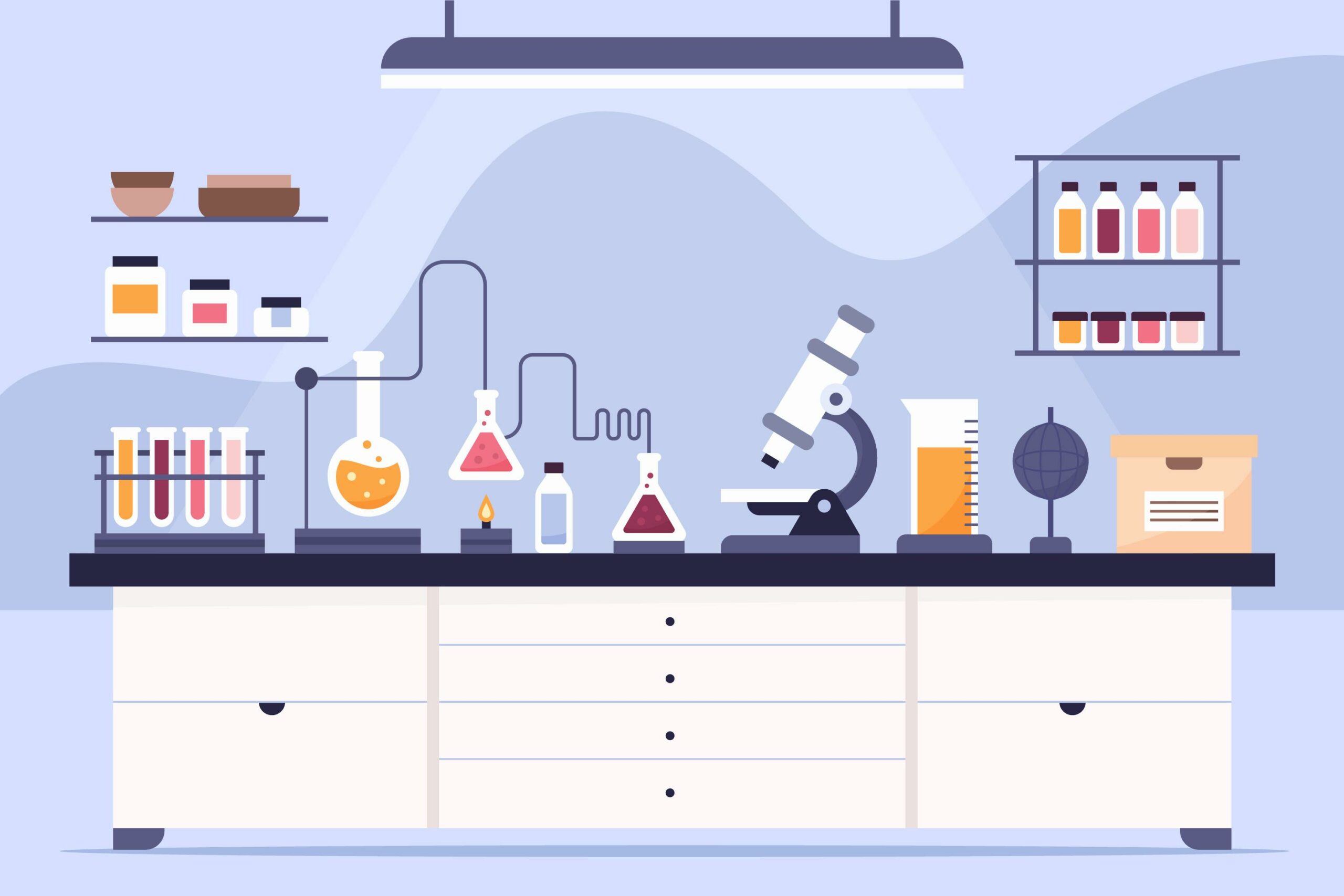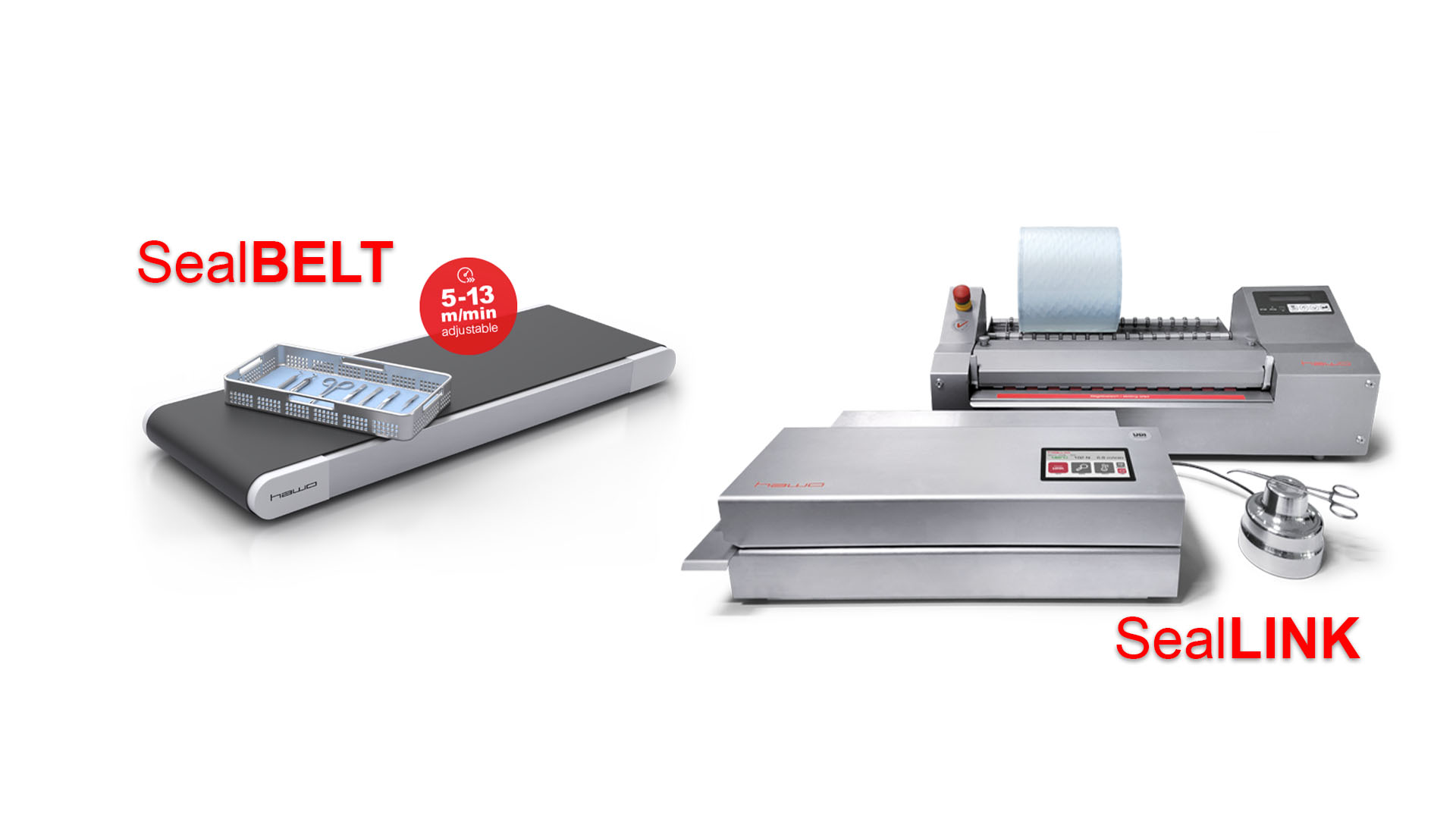In this month’s blog we will summarise what laboratory equipment servicing is and why you should have it. We will also look at how often you should service your laboratory equipment. Let’s take a closer look:
What is involved in laboratory equipment servicing?
Laboratory equipment servicing typically involves a series of steps to ensure that the equipment is functioning properly and providing accurate results. The exact process may vary depending on the type of equipment, but some common steps involved in laboratory equipment servicing include:
- Inspection: The equipment is inspected visually to identify any signs of damage or wear and tear. The inspection may also involve checking for loose or broken parts, leaks, or other issues that could affect performance.
- Calibration: The equipment is calibrated to ensure that it is providing accurate results. This may involve adjusting settings, making measurements with calibrated instruments, and making any necessary adjustments to the equipment.
- Cleaning: The equipment is cleaned thoroughly to remove any residue, dust, or other contaminants that could affect performance or accuracy. This may involve using special cleaning solutions or techniques to clean sensitive parts of the equipment.
- Maintenance: Regular maintenance tasks may be performed, such as replacing filters, lubricating moving parts, and checking for proper alignment.
- Testing: The equipment is tested to ensure that it is functioning properly and providing accurate results. This may involve running samples through the equipment and comparing the results to known standards or other equipment.
Overall, laboratory equipment servicing is an important part of maintaining the accuracy and reliability of laboratory equipment. By following a consistent and thorough servicing process, laboratories can ensure that their equipment is functioning properly and providing accurate results.
Why should I service my laboratory equipment?
Servicing your laboratory equipment is important for several reasons:
- Accuracy: Laboratory equipment is often used to generate precise measurements and data. Over time, equipment may become less accurate due to normal wear and tear or other factors. Regular servicing can help to maintain the accuracy of the equipment, which is essential for generating reliable data.
- Efficiency: Properly maintained laboratory equipment is more efficient, meaning it can operate at maximum capacity and generate results more quickly. By keeping your equipment in good working condition, you can increase your lab’s productivity and reduce downtime.
- Longevity: Laboratory equipment can be expensive to replace, so it’s important to take care of it to ensure it lasts as long as possible. Regular servicing can help to extend the lifespan of your equipment, saving you money in the long run.
- Safety: Some laboratory equipment can be hazardous if not properly maintained. For example, if a centrifuge is not properly balanced, it can cause serious injury or damage. Regular servicing can help to identify and address potential safety issues before they become a problem.
- Compliance: Many laboratories are subject to regulatory requirements (such as those laid out in ISO 15189:2022) that mandate regular servicing of equipment. By following these regulations, you can ensure that your lab remains compliant and avoid any penalties or fines.
Overall, regular servicing of laboratory equipment is essential for maintaining accuracy, efficiency, longevity, safety, and compliance. By investing in the maintenance of your equipment, you can ensure that your lab operates at its best and produces reliable results.
In a previous blog, we looked at the importance of servicing your centrifuge. Many of these aspects as also applicable to laboratory equipment in general.
How often should I service my laboratory equipment?
The frequency of servicing laboratory equipment depends on various factors, including the type of equipment, the manufacturer’s recommendations, the frequency of use, and the conditions under which the equipment is used. Generally, it is recommended to service laboratory equipment at least once a year, even if the equipment is not used frequently.
For more heavily used equipment or equipment that is used in harsh conditions, more frequent servicing may be necessary. For example, equipment that is used to process corrosive or abrasive materials may require more frequent servicing than equipment used for less demanding applications.
It is also important to follow the manufacturer’s recommended servicing schedule, which can vary depending on the equipment type and model. Some manufacturers may provide specific guidelines on the recommended frequency of servicing, as well as the specific maintenance tasks that should be performed.
Ultimately, the best approach to servicing laboratory equipment is to develop a regular maintenance schedule based on the manufacturer’s recommendations and the equipment’s usage patterns. This can help to ensure that the equipment is properly maintained and operating at its best, which can lead to more accurate and reliable results.
How Henderson Biomedical can help
Henderson Biomedical have been servicing laboratory equipment since 1987. We can service a range of laboratory equipment including centrifuges, refrigerators, freezers and incubators. We have a team of highly qualified engineers that can come to your site and perform a service, repair or UKAS calibration of your equipment.
For more information on how we can help you, please contact our friendly team on 020 8663 4610 or use our online form.
